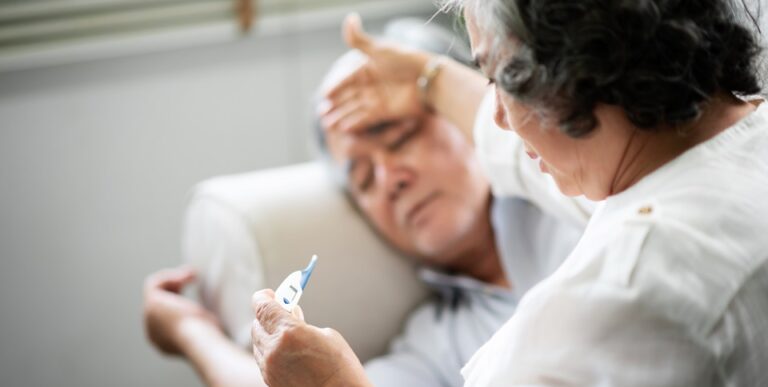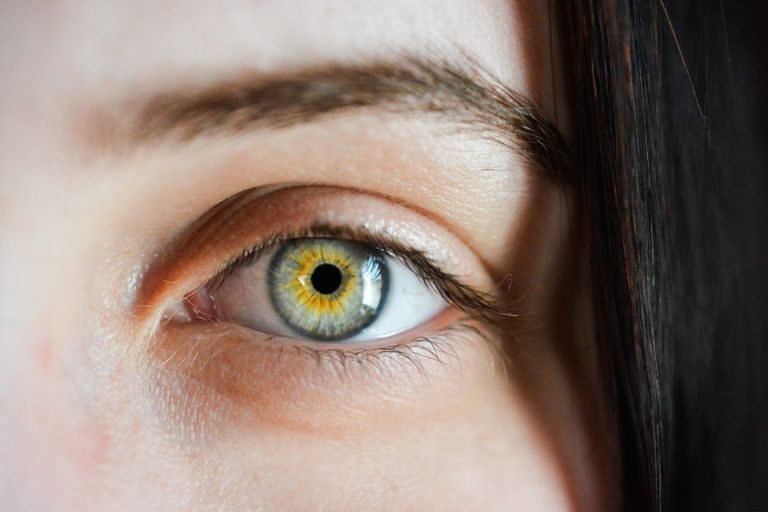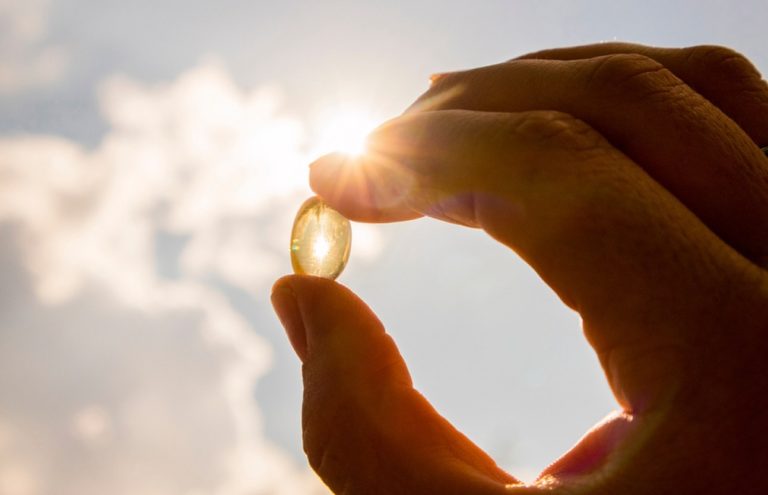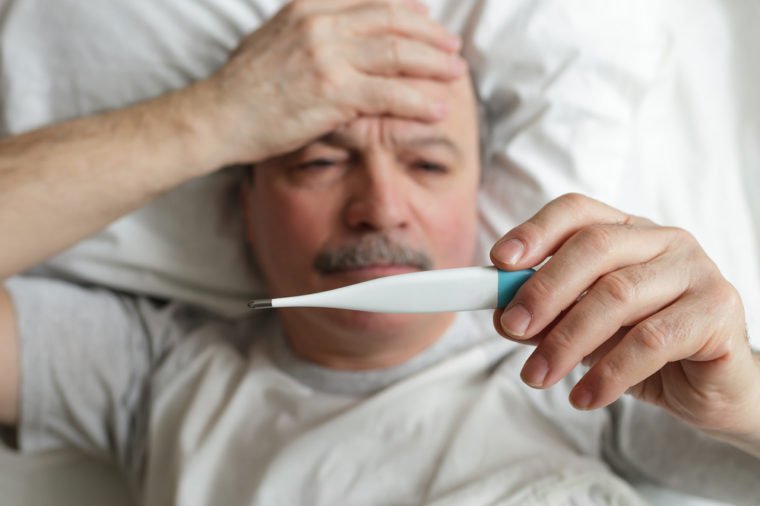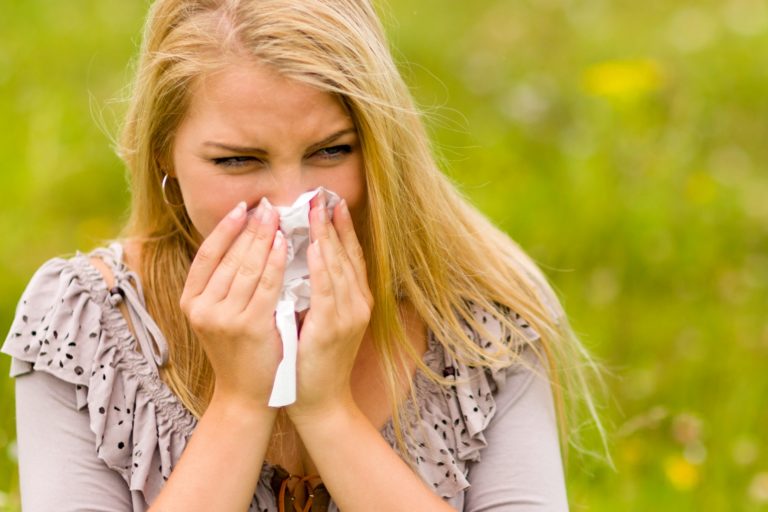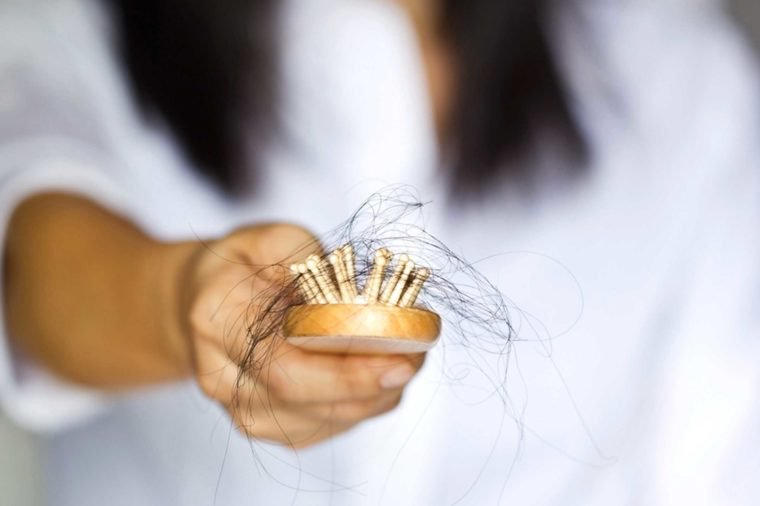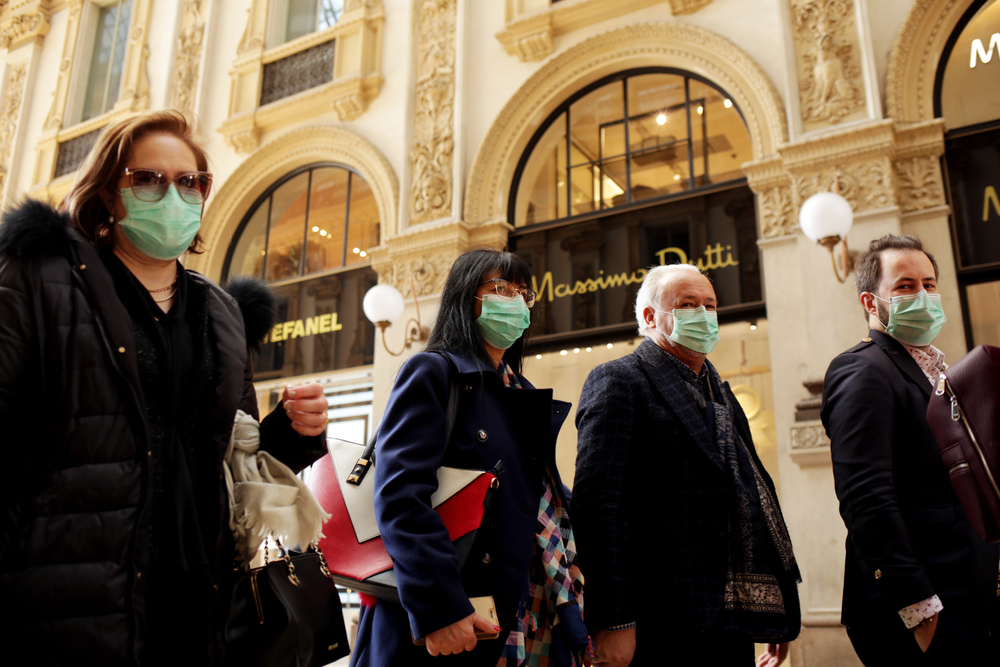
- Covid-19 affects lungs – Like other coronavirus variants, such as SARS, MERS, and the common cold, Covid-19 is a respiratory virus, so the lungs are targeted. Early symptoms may include fever, cough, and shortness of breath. Although fever is the number 1 symptom, according to the Centers for Disease Control and Prevention’s list of symptoms, not everyone who feels sick has a fever. In fact, according to a study published in the Journal of the American Medical Association, researchers discovered that around 70 % of patients that needed to be hospitalized didn’t have a fever. While some people might experience some minor respiratory problems, others can develop a mild version of pneumonia. And the third category can develop some severe lung damage. Dr. Laura E. Evans, a member of the Society of Critical Care Medicine Leadership Council, explains that there are patients who are severely affected by the virus, presenting an acute respiratory distress syndrome, also known as ARDS.
- Covid-19 affects the stomach and intestines – Some Covid-19 patients have also reported gastrointestinal symptoms, like nausea or diarrhea, even though these symptoms are less common than lungs problems. At first glance, it might seem like the virus has an easier time entering the body through the lungs, but the intestines aren’t completely out of reach.
- But also, the heart and blood vessels – Covid-19 can also have a strong impact on the heart and blood vessels. This can be seen in irregular heart rhythms, or not enough blood getting to the tissues, or a low blood pressure that requires medication. In one study conducted in Wuhan, 44% of the patients in an intensive care unit (ICU) had an irregular heart rhythm. There are also a couple of studies that are trying to understand if Covid-19 causes the blood to clot more easily. It’s important to know because clots could lead to a stroke or a heart attack.





